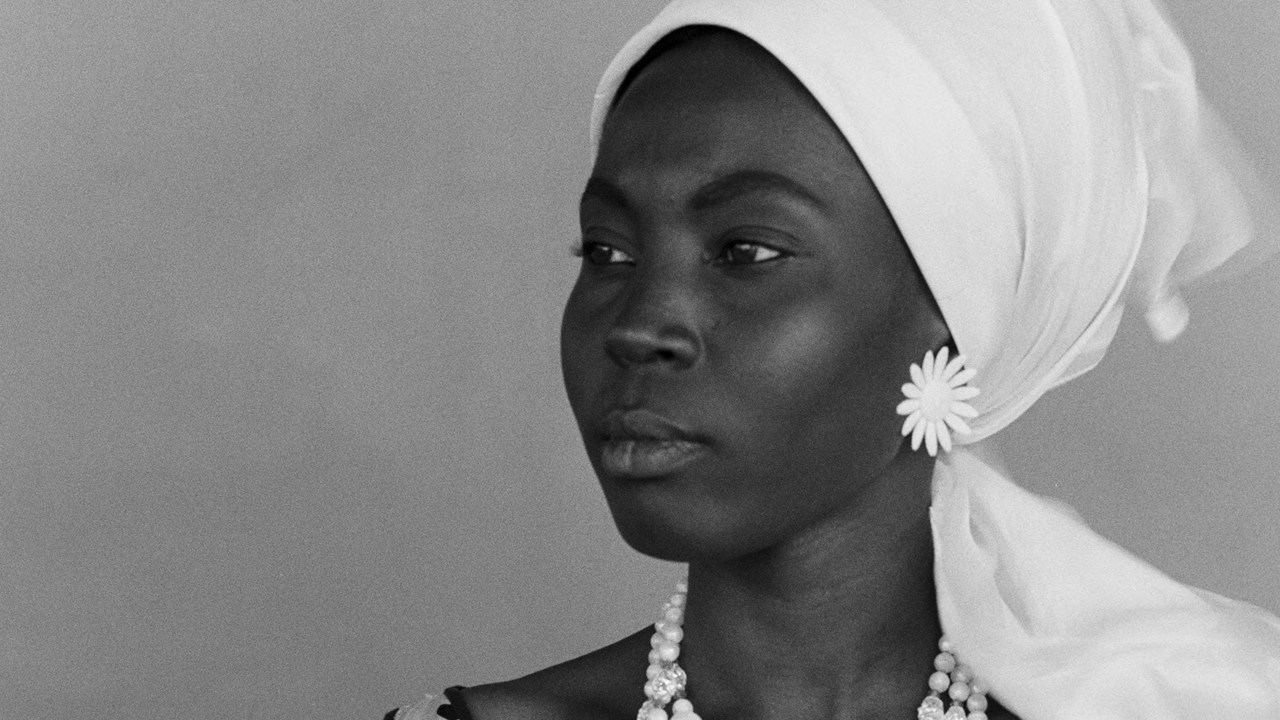African Cinema

African cinema is a continent of voices—diverse, bold, and deeply rooted in history. From the pioneering works of the 1960s to the vibrant contemporary scene, African filmmakers have shaped a cinema that challenges colonial legacies and reclaims narratives. Across regions, stories flow with political urgency, poetic depth, and a profound sense of place—from the bustling streets of Cairo to the windswept Sahel and the modern cities of Lagos and Casablanca.
The movement’s foundations were laid by visionaries like Ousmane Sembène, whose Black Girl (La Noire de…, 1966) remains a landmark of postcolonial cinema, and Djibril Diop Mambéty, whose Touki Bouki infused Senegalese storytelling with radical aesthetics. In North Africa, Youssef Chahine brought Egyptian cinema to international prominence with works that bridged melodrama and politics. These filmmakers crafted cinema as resistance—a mirror to history and a weapon for liberation.
Today, African cinema thrives with new perspectives. Films like Faya Dayi explore identity, migration, and spirituality with stunning visual poetry, while political thrillers such as The Nile Hilton Incident bring noir sensibilities to African contexts. From tradition to Afrofuturism, the continent’s filmmakers continue to reinvent cinematic language, making African cinema a living, evolving force in world film.